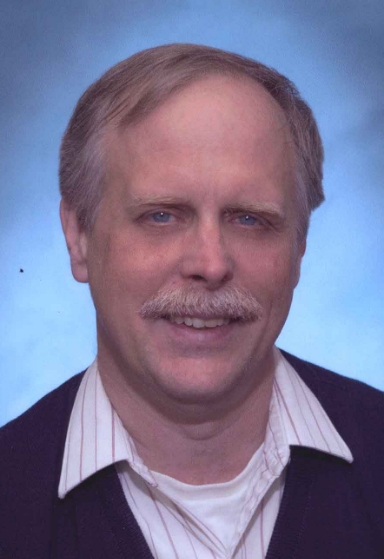Jonathan Upshaw
VidetteOnline
With an estimated crowd of 500 students and faculty packed inside the Illinois State University’s Capen Auditorium, Reverend Osagyefo Uhuru Sekou gave a powerful message to the audience Thursday night.
“You are the generation we have been waiting for,” Sekou told college students in attendance.
Sekou, an activist, author and theologian, touched on several relevant topics for the young audience. His talk was titled “A New Civil Rights Movement? Ferguson, Black Lives MAtter, and the Future of Nonviolence.”
“We have high expectations for you because we have seen what you can do,” Sekou said.
Sekou was one of many activists who traveled to Ferguson, Mo., to participate in the protests in support of African American Michael Brown after he was allegedly killed by Ferguson Police last summer.
Sekou provided a message about what could be called a new civil rights movement. He touched on many points including methods and possibilities to change the way the government works.
“If you are more concerned about the use of profanity by young people than the profane conditions they live in, then there is something wrong with you,” Sekou said.
Sekou delved into his experience in Ferguson and how it changed him as a person.
“It was a very powerful and knowledgeable speech,” Marques Thornton, ISU junior political science major, said. “Sekou showed so much love for young students he characterized as the generation we have been waiting for.”
Throughout the evening the reverend continued to stress the future need for non-violence protest.
“I don’t want to shoot children down. I don’t want to release tear gas on innocents. I don’t want to violate the first amendment right of citizens to gather to share their voices,” Sekou said.
“I have seen the very face of God and God is angry. God is queer. God is a black woman. God is a single mother,” Sekou said.
You need “that kind of love” to help make a change in the world Sekou said.
His strong belief in changes for the civil rights in our nation was backed by applause from the audience.
“We can’t build a society using the master’s tools, which is physical violence,” Sekou said. “All life matters, this is true, but we are going to focus on black ones now because we are the ones being killed.”





